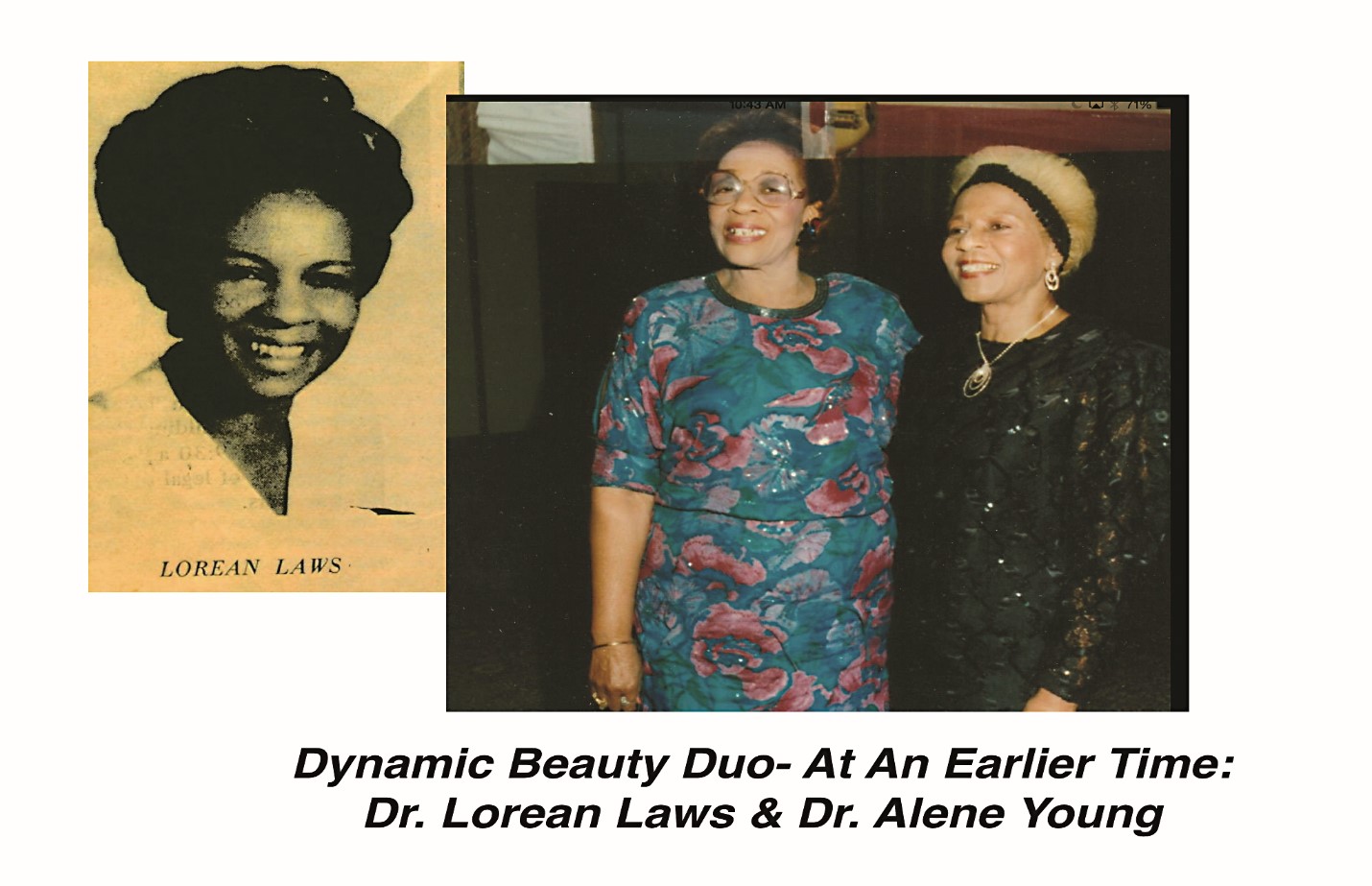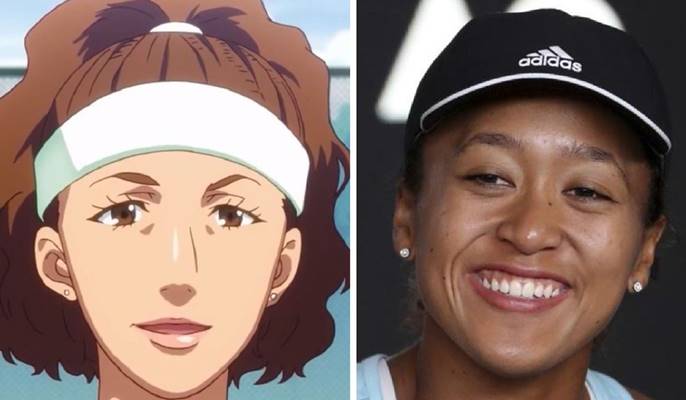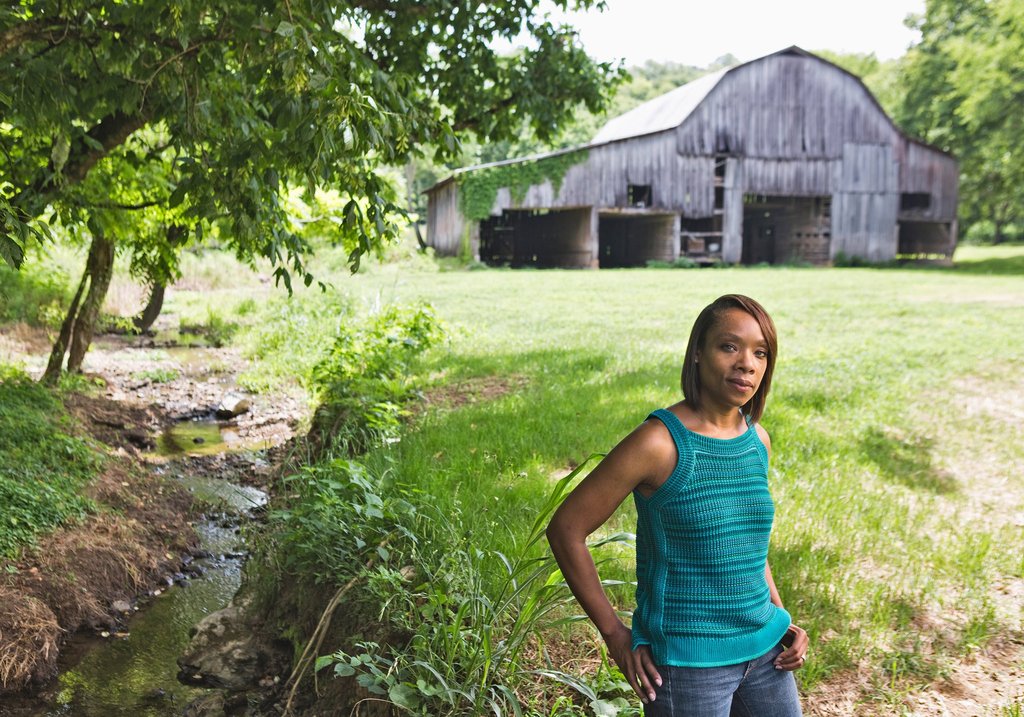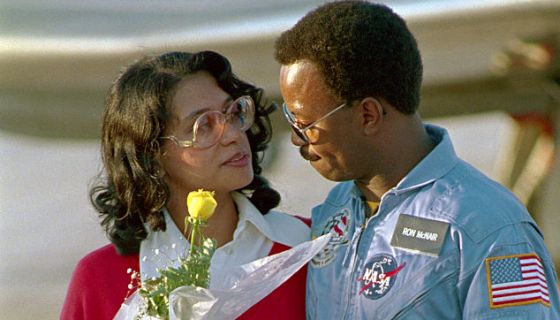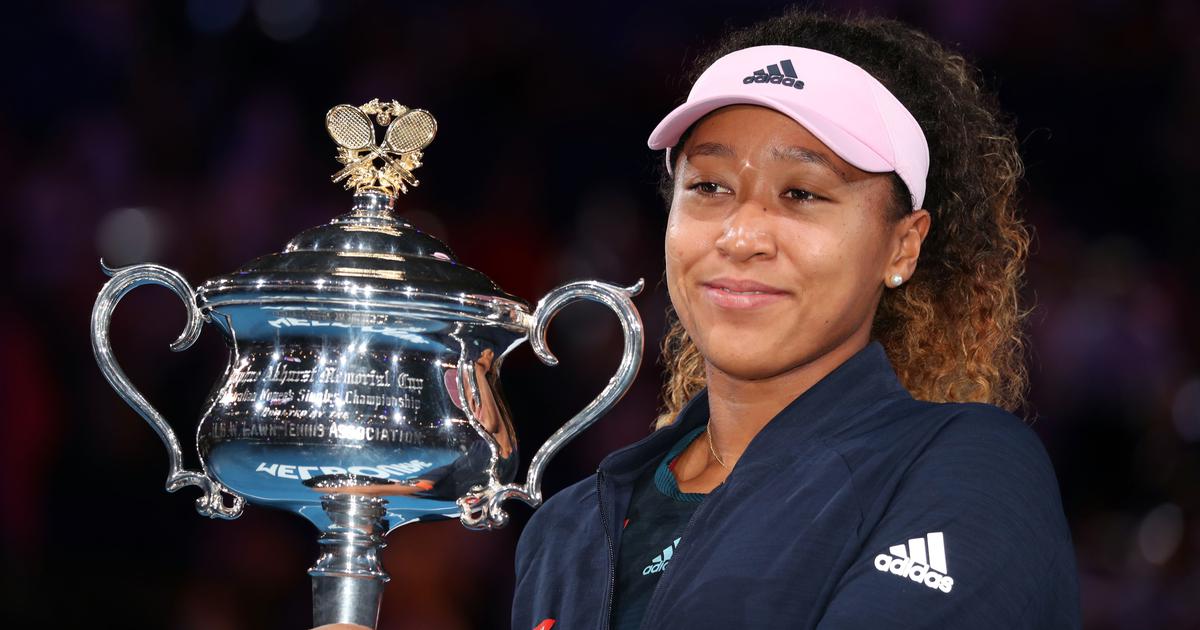
Like the 21-year-old she is, Naomi Osaka stepped into Rod Laver Arena for the Australian Open final with a cellphone in her right hand and music in both ears.
The headphones she wore carried the swirling brass, bouncing beat and boastful lyrics of Jay Rock’s “Win,” the same pre-match song Osaka listened to throughout the tournament — and at last year’s U.S. Open, too.
“You might wanna keep score,” the rapper says. “I win, win, win, win.”
Right now, that’s how Osaka is living at tennis’ most important events. Her championship at Melbourne Park, via a 7-6 (2), 5-7, 6-4 victory over Petra Kvitova on Saturday night, gave Osaka two straight Grand Slam trophies.
Just a few hours later, she found herself discussing such matters as what her goals are now — answer: winning the upcoming hard-court stops in Indian Wells and Miami — and whether it’s too soon to think about being halfway to collecting four consecutive majors.
“The way the tennis world is, there’s always the next tournament, the next Slam, and we all just want to keep training hard and winning more,” said Osaka, who was born in Japan and moved to the U.S. at age 3. “So I’m not really sure if I’m satisfied.”
Heady stuff for someone who already has accomplished so much in such a short amount of time.
A year ago, Osaka was ranked 72nd.
She had lost by the third round in seven of her eight appearances at Grand Slam tournaments. The lone exception was a fourth-round run at the Australian Open in January 2018. That’s as far as she’d been by then.
So Osaka was getting impatient.
Look at her now.
She is the first woman with back-to-back major championships since Serena Williams — the player Osaka beat in the U.S. Open final last September — captured four in a row from 2014 to 2015.
Osaka also guaranteed that she will ascend to No. 1 in the WTA rankings for the first time Monday, making her the youngest player to hold the top spot since Caroline Wozniacki was 20 in 2010.
Does it feel as if this all happened really quickly?
“I mean, to me, it doesn’t. I guess looking from the outside, from your guys’ view, it does,” Osaka said. “For me, every practice and every match that I’ve played, it feels like the year is short and long at the same time. But I’m aware of all the work that I put in. I know all the sacrifices that every player does to stay at this level. I mean, in my opinion, it didn’t feel fast. It felt kind of long.”
Maybe. But her growth as a player and a competitor has been so swift.
She won four three-setters in Melbourne.
She beat a trio of top-10 women.
Then there was the way Osaka pulled herself together after failing to convert three championship points at 5-3 in the second set against Kvitova, much as she ignored all the chaos surrounding the final against Williams at Flushing Meadows.
“As a whole, this tournament was very eye-opening for me,” Osaka said as Saturday turned to Sunday in Melbourne. “I had a lot of matches that were very tough and I was behind in some of them. I think it showed me that I could win matches from behind, just on willpower alone.”
NAOMI OSAKA MAKES HISTORY AS JAPAN’S FIRST NO. 1 IN TENNIS, BUT RACE IS AN ISSUE
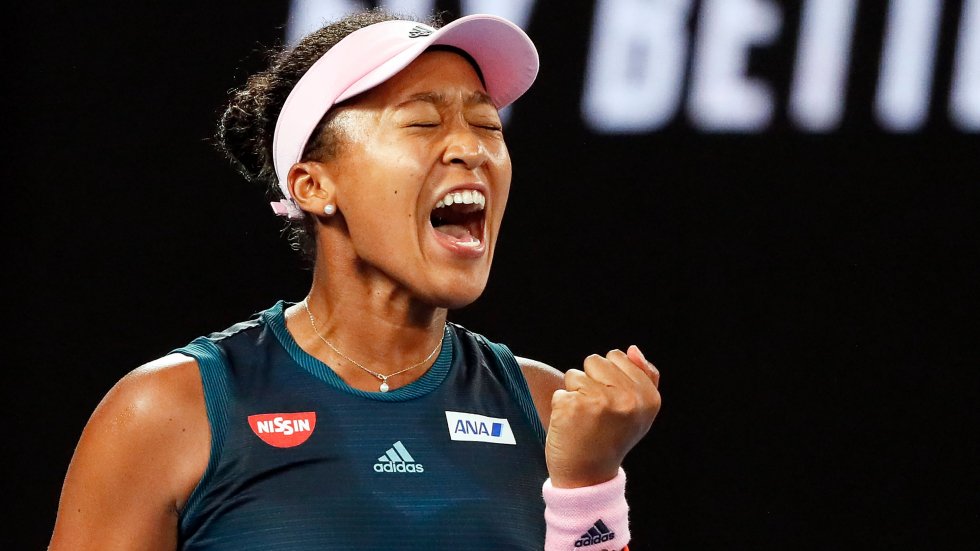
*Naomi Osaka is not only the new face of tennis, but also the new face of Japan, after defeating Petra Kvitova of the Czech Republic, 7-6, 5-7, 6-4, on Saturday at the Australian Open.
Born in Osaka to a Japanese mother and Haitian father, the young tennis star rose to fame after beating Serena Williams in the 2018 U.S. Open, As reported by South China Morning, one year ago Naomi was ranked number 72 in the world, now she has made history as the first Asian No. 1 player.
And with her new found celebrity comes issues of race.
“When I first saw Naomi play I thought she was really calm, very mature on court,” said China’s Li Na, a two-time grand slam champ. “She was so focused on her game itself, no pressure, point by point and it really impressed me.”
As we previously reported, Osaka was preparing for the quarter-finals in Melbourne last week when controversy erupted after one of her primary sponsors, Nissin Noodles, depicted the biracial player as an unrecognizable white woman in an anime-inspired ads.
The backlash was swift, forcing Nissin to pull the spots and apologize to Osaka.
“I’ve talked to them. They’ve apologized,” she said. “For me, it’s obvious, I’m tan. I don’t think they did it on purpose to be whitewashing or anything but the next time they try to portray me or something, I feel like they should talk to me about it.”
OTHER NESS YOU MIGHT HAVE MISSED: Did Lolo Jones Fight Tamar Braxton and Get Kicked Off ‘Celebrity Big Brother?’ – VIDEO
Daisuke Okabayashi, a Nissin spokesperson, said “There is no intention of whitewashing. We accept that we are not sensitive enough and will pay more attention to diversity issues in the future.”
New York native and Japan Times columnist Baye McNeil said he was “very surprised” by the ad, noting: “If you are going to sponsor someone who is clearly a woman of colour and famous for that – it’s part of her image and part of the package – why would you erase that in your advertising?”
Critics called out the sponsor for ignoring Naomi’s Haitian-American heritage, even though Japanese culture has long valued lighter skin. Also, despite an infectious and charming personality, not everybody in Japan is happy about it. A number of pundits and social media trolls have already stated that her Japanese is barely passable and she was raised in the US, so how can she be Asia’s first number-one ranked tennis player?
“I thought this was going to be a turning point because there have not been many people of colour representing companies here,” said McNeil.
“Often it’s not perceived as malicious or intentional,” he added. “But at some point you have to start attributing blame. This type of ignorance is by choice.”
Meanwhile, as the 2020 Olympics in Tokyo approaches, Osaka has become the most celebrated Japanese personality in the world.



